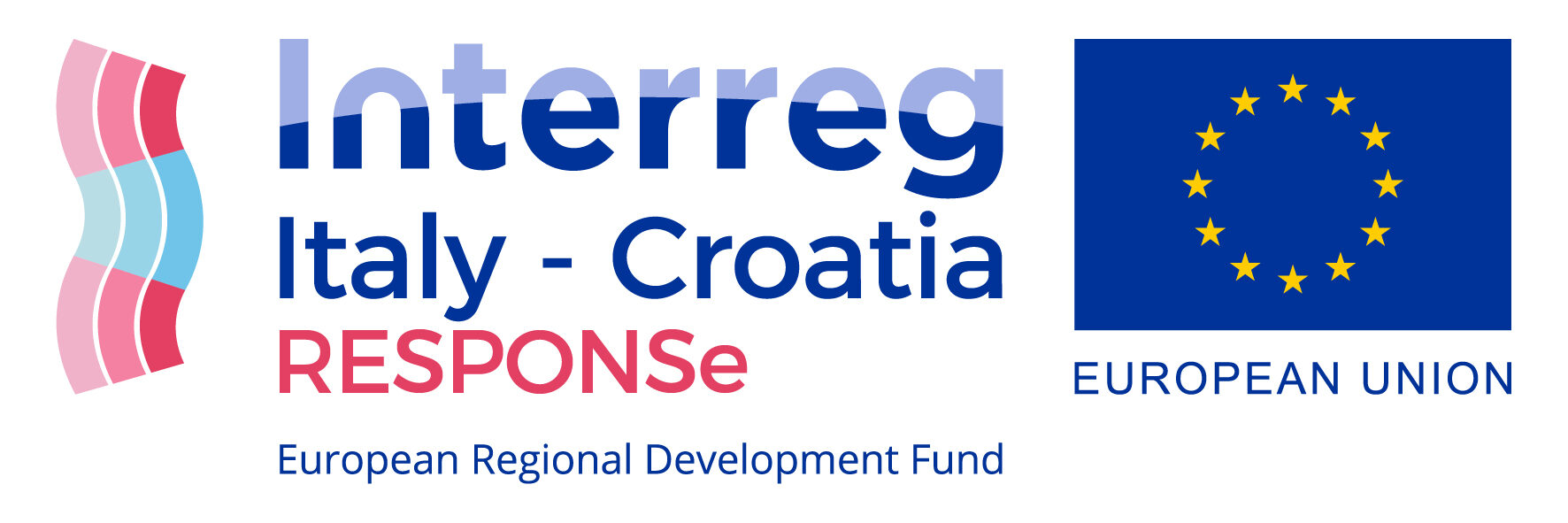Climate actions
Solutions to overheating include the choice of colours for surfaces of residential areas. The colour of the external surface of a building can influence the inside thermal performance and even the outside ambiance. The amount of absorbed solar radiation depends on the colour of the surface: white surface absorbs about 40% of the solar irradiation, whereas dark green, brown and black surface absorb about 90%. The more a surface absorbs solar radiation the greater is the surface temperature. The reduction of the temperature of external surfaces decreases the heat flow entering the building and therefore decreases the inner room temperature, improving internal comfort. However, room air temperature depends on various other parameters. For buildings with low transmittance and high heat storage capacity, the effect of external colours is not particularly significant. At city/town level, lighter colours of the envelope could provide a means to alleviate air temperature, due to reduced absorption of radiation, improving outdoor thermal comfort and reducing the heat-island effect. It is recommended to avoid dark colours and rather prefer light colours for the porches. Curtains and covers must preferably be in canvas, even synthetic, of a light natural colour such as hemp, in tune with the colours of the building and proportionate with the dimensions and architectural partitions of the building. Possible landscape constraints.
Define the colours of residential areas
Objective
To limit the overheating of building external surfaces.
Description
Expected results
Improvement of landscape and local microclimate quality; coordinated image of the urbanized areas from the urban-building point of view; increasing internal and external comfort.
Result indicators
Decrease in temperature [°C]
Involved actors
Local government, local community.
Expected timeline for action
Criticalities
Scope of the action
Type of proposed actions
Sector of action
Climate impacts
Implementation scale
